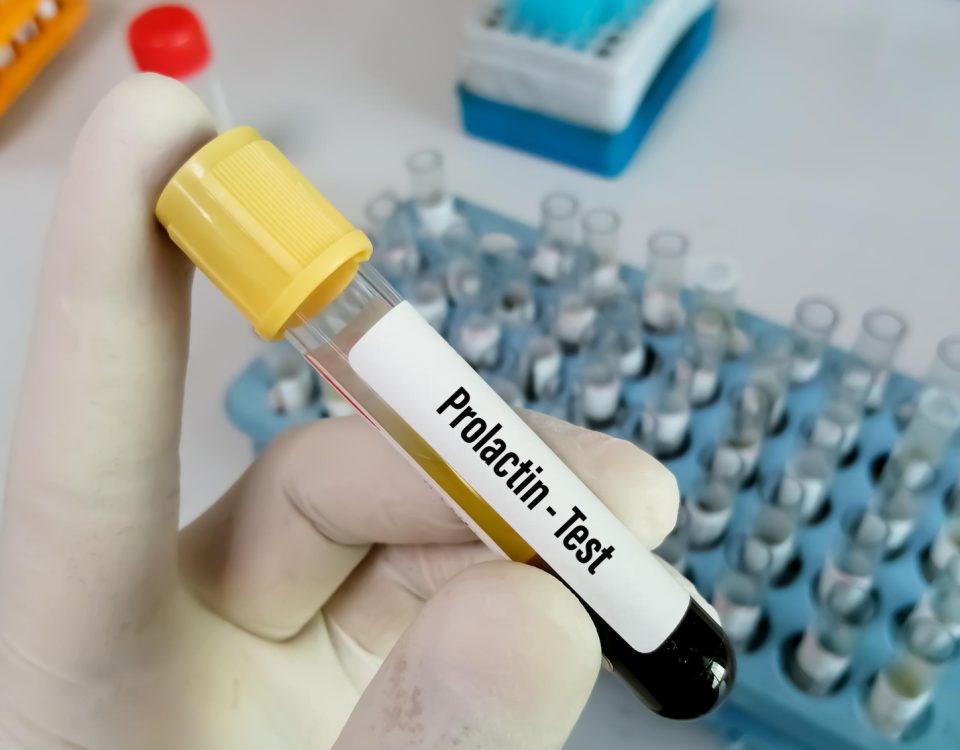
Low testosterone: Effects on fertility and potential solutions
September 16, 2025
Vitamin D and Testosterone: What’s the Connection?
November 6, 2025What Is Male Libido
Male libido, also known as sexual desire, is a key component of sexual health and overall well-being. It influences not only sexual activity but also mood, relationships, and self-confidence. The intensity of libido varies among men and changes with age, hormones, health, and lifestyle. When it remains low for a long time, it may indicate an underlying issue that needs to be addressed. Monitoring sexual desire is important, as it often serves as a “mirror” of overall health.
Factors Affecting Male Libido
- Hormonal changes:
Testosterone
is the primary hormone that determines sexual desire. When levels drop, libido decreases, erectile issues may occur, and energy levels decline. - Age: After the age of 40–50, testosterone production naturally decreases, which is why many men notice a gradual reduction in sexual desire. However, age alone is not a decisive factor; lifestyle and health care also play an important role.
- Psychological factors: Stress, depression, work pressure, and relationship difficulties are among the most common causes of reduced libido. Psychological well-being can directly affect sexual desire even in men with normal testosterone levels.
- Physical health: Chronic diseases such as
diabetes,
hypertension, heart disease, and obesity negatively affect sexual life. These conditions impair blood flow to the genital area, leading to reduced sexual function. - Medication: Many medications for depression, hypertension, or other chronic illnesses have side effects that lower sexual desire. In such cases, the treating physician may adjust the medication.
- Daily habits: Lack of sleep, excessive alcohol consumption, smoking, or drug use contribute to a gradual decline in libido and overall health.
Natural Ways to Boost Male Libido
- Balanced diet: Foods rich in zinc, magnesium, and B vitamins enhance testosterone production. Oysters, nuts, eggs, spinach, and fatty fish should be part of the diet.
- Physical exercise: Regular exercise improves blood circulation, boosts testosterone levels, and increases confidence. Weight training and aerobic activity, in particular, have proven benefits.
- Quality sleep: Good sleep (7–8 hours per night) is essential for hormone regulation. Sleep deprivation lowers testosterone and, consequently, sexual desire.
- Stress management: Techniques such as yoga, meditation, or deep breathing help reduce cortisol — the stress hormone that suppresses libido
- Healthy lifestyle: Avoiding smoking and excessive alcohol, along with maintaining a healthy weight, contributes to better erectile function and increased desire.
- Relationship and communication: Open communication with one’s partner reduces anxiety and strengthens emotional intimacy, which is vital for a healthy sexual life.
Medical Solutions for Low Libido
When low male libido is related to physical or hormonal causes, medical intervention is necessary.
- Testosterone Replacement Therapy (TRT): Recommended for men with low testosterone. TRT restores normal levels, improves libido, enhances erectile function, and increases energy.
- Medication: Drugs for erectile dysfunction or other treatments may be prescribed to improve sexual performance.
- Psychotherapy: Useful when psychological factors are involved. Support from a professional helps manage stress or depression.
- Holistic approach: Combining lifestyle changes with medical treatments yields the best and most sustainable results.
Conclusion
Low testosterone can significantly affect fertility by reducing sperm production and quality, while also impacting sexual life and overall health. With proper diagnosis and appropriate treatment, these effects can be minimized, and quality of life can be greatly improved. At MenTest, a leading testosterone replacement center in Greece, our medical team specializes in boosting testosterone to effectively manage andropause symptoms and enhance men’s quality of life.




